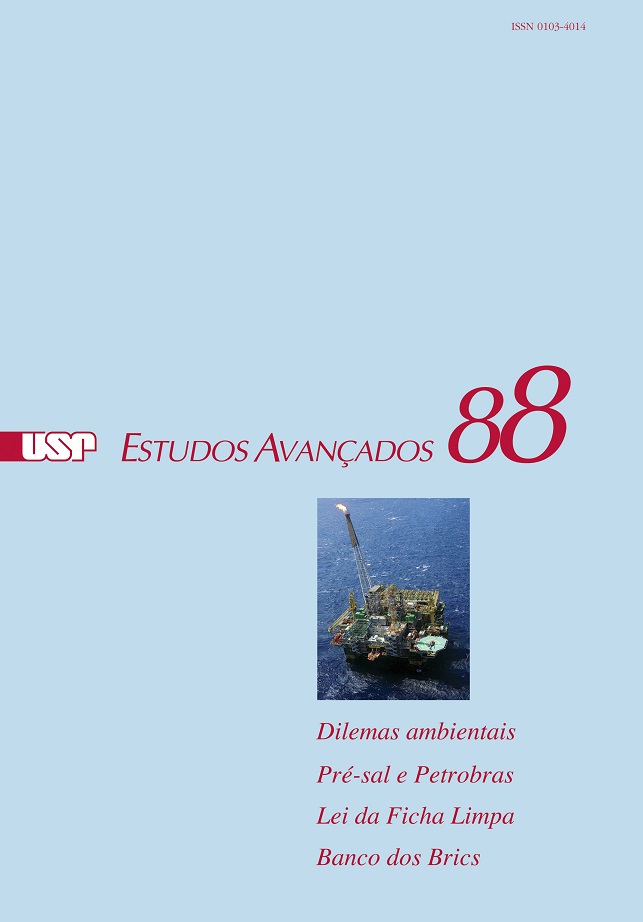A geografia social do zika no Brasil
Abstract
The Zika virus crisis, like of all diseases, is an indicator of the inequality that persists in Brazil, even after decades of democracy. Zika illustrates disparity not only in terms of class, and a variety of other issues linked to class, but also of gender and race. Ethical issues related to the Zika virus also have different impacts in terms of reproductive choices, the use of chemicals for spraying, and the development of genetically-modified mosquitoes. By using a multi-disciplinary set of methods based on history, anthropology, and eco-epidemiology, the authors show how the current Zika crisis is part of the long history of health in Brazil, with often-tense relations between agents of the State and the population at-large.Downloads
Download data is not yet available.
Downloads
Published
2016-12-01
Issue
Section
EA937
License
Estudos Avançados não celebra contrato de cessão de direitos autorais com seus colaboradores, razão pela qual não detém os direitos autorais dos artigos publicados. Os interessados em reproduzir artigos publicados na revista devem necessariamente obter o consentimento do autor e atribuir devidamente os créditos ao periódico.
How to Cite
LESSER, J., & KITRON, U. (2016). A geografia social do zika no Brasil . Estudos Avançados, 30(88), 167-175. https://journals.usp.br/eav/article/view/124276


